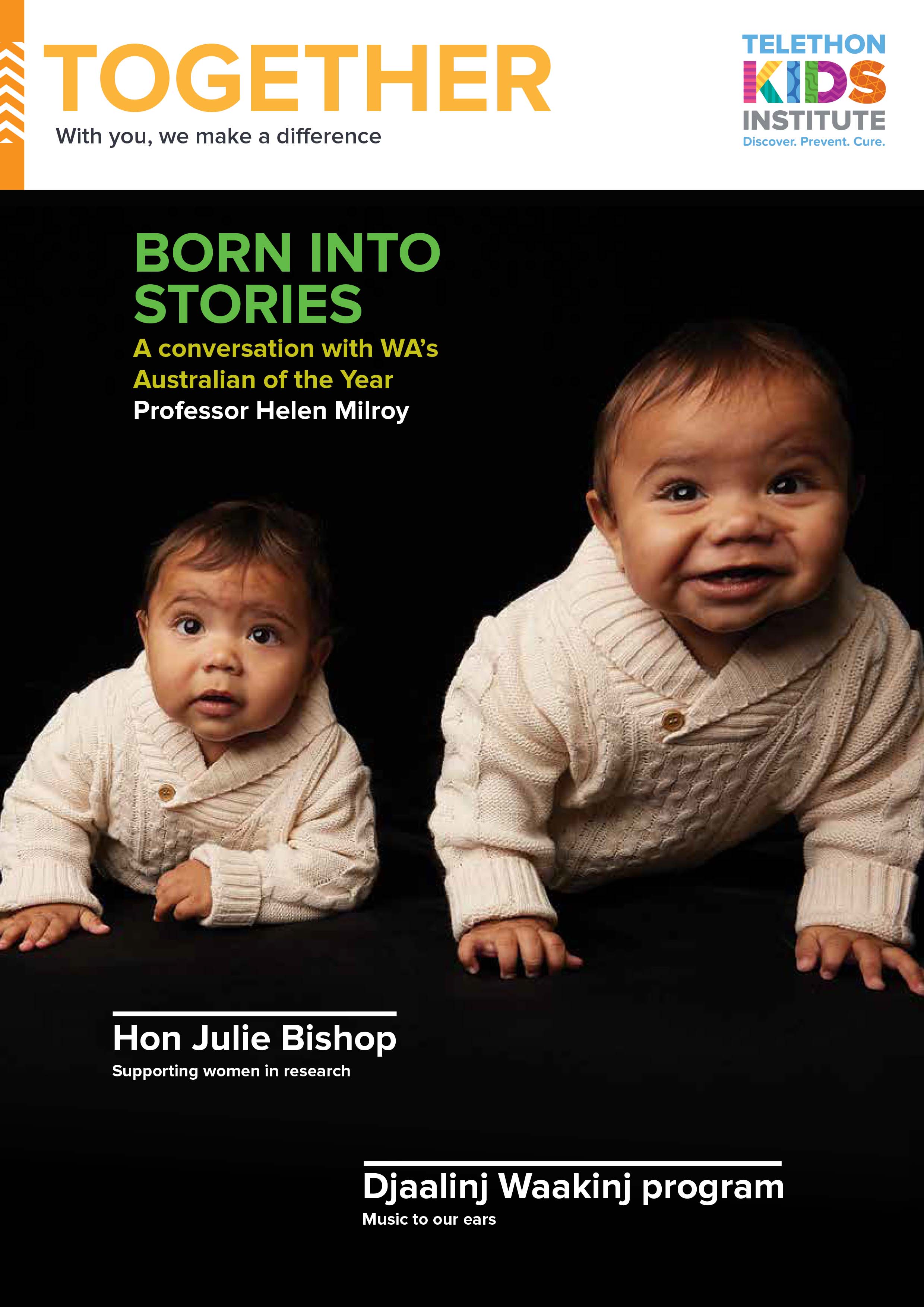Search


Read the summer 2025 edition of the Together Magazine
Research
Down Syndrome Clinical Trial- BTD-001Helen Jenny Peter Leonard Downs Richmond MBChB MPH BApplSci (physio) MSc PhD MBBS MRCP(UK) FRACP Principal Research Fellow Head, Child Disability
Research
Duration of Pertussis Immunity in Adults: A Study of Health Care WorkersJennifer Peter Kent Richmond RN MBBS MRCP(UK) FRACP Clinical Research Manager Head, Vaccine Trials Group Jennifer.Kent@thekids.org.au Clinical
Research
Environmental enrichment intervention for Rett syndrome: an individually randomised stepped wedge trialHelen Jenny Leonard Downs MBChB MPH BApplSci (physio) MSc PhD Principal Research Fellow Head, Child Disability +61 419 956 946 08 6319 1763
Research
Establishing a Western Australian Congenital and Acquired Heart Disease DatabaseThe main objective of the study is to establish a comprehensive register of congenital and acquired heart disease in WA with accurate re-classification of all cases through Princess Margart Hospital using international diagnostic codes.
Research
Evaluating the genetic contribution to rheumatic heart disease pathogenesis in Australian Aboriginal and Torres Strait Islander communitiesWe are conducting a genetic study to better understand why some people are susceptible to RHD and others are not.
Research
FASD Hub AustraliaCarol Bower MBBS MSc PhD FAFPHM DLSHTM FPHA Honorary Emeritus Fellow 08 6319 1813 carol.bower@thekids.org.au Senior Principal Research Fellow;
Research
FluCAN - The Influenza Complications Alert NetworkThe main aim of the study is to provide timely surveillance data to public health authorities on severe influenza.
